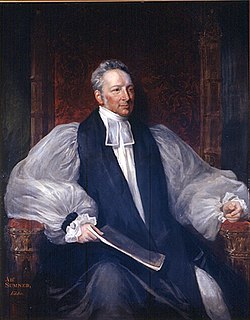Births

- 29 January – Frederick Delius, composer (d. 1934)
- 17 February – Edward German, composer (d. 1936)
- 11 March – John Cowans, general (d. 1921)
- 1 April – Archibald Bodkin, Director of Public Prosecutions (d. 1957)
- 9 May – Hugh Stowell Scott (Henry Seton Merriman), novelist (d. 1903)
- 27 May – Francis Llewellyn Griffith, Egyptologist (d. 1934)
- 6 June – Henry Newbolt, poet (d. 1938)
- 9 June – Ernest William Moir, civil engineer (d. 1933)
- 10 June – John de Robeck, admiral (d. 1928)
- 2 July
- William Henry Bragg, physicist, Nobel Prize laureate (d. 1942)
- Christopher Cradock, admiral (d. 1914)
- 15 July – Ernest Troubridge, admiral (d. 1926)
- 1 August – M. R. James, scholar and horror story writer (d. 1936)
- 5 August – Joseph Merrick, "The Elephant Man" (d. 1890)
- 6 August – Goldsworthy Lowes Dickinson, historian (d. 1932)
- 26 August – Herbert Booth, Salvationist (d. 1926)
- 11 September – Julian Byng, 1st Viscount Byng of Vimy, general (d. 1935)
- 29 September – Fred Russell, "The Father of Modern Ventriloquism" (d. 1957)
- 3 October – Johnny Briggs, cricketer (d. 1902)
- 13 October – Mary Kingsley, travel writer (d. 1900)
- 27 October – Hugh Evan-Thomas, admiral (d. 1928)
- 12 December – J. Bruce Ismay, shipping magnate of White Star Line (d. 1937)
- 28 December – Christina Broom, photographer (d. 1939)
